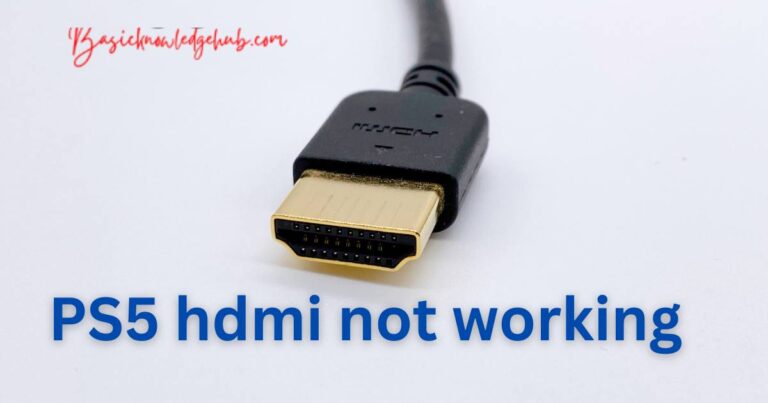Sound Isnʼt Licensed For Commercial Use Tiktok
Imagine being a TikTok creator, tapping into your creative juices, crafting a video that you think should hit big, maybe even go viral, only to find out you’ve been slapped with a “Sound Isn’t Licensed For Commercial Use” notification. What a bummer, right? This issue has indeed become a thorn in the flesh for many creators, eliciting a lot of confusion and dismay. This article seeks to shed more light on the intricacies surrounding this message and what it entails for you as a TikTok content maker.
Understanding the Issue
TikTok’s “Sound Isn’t Licensed For Commercial Use” notification essentially means that the sound or music used in your video has restrictions that prevent it from being used for any commercial purpose. That brings us to the critical question – what constitutes commercial use on TikTok? Commercial use, in this context, refers to any utilization of the sound clip that could potentially generate revenue or monetary gain, such as influencer partnerships, sponsored posts, or advertisements.
Why Are These Restrictions In Place?
It’s all about copyright. The essence of these restrictions lies in protecting the rights of the creators or owners of these sound bites, who often are music artists and producers. Infringing these rights could lead to legal ramifications. By using a sound that isn’t licensed for commercial use without permission, one essentially steps on the creators’ rights to control who gets to benefit financially from their work. Bottom line? It’s all about respecting creators’ rights.
How Does This Impact TikTok Creators?
Creators who have generated a substantial following and built a brand on TikTok often rely on sounds and music to enhance their content. However, these restrictions can significantly jeopardize their creative liberty. By stunting the creative use of popular songs and sounds, TikTok creators could potentially lose out on partnerships or monetization opportunities. Sadder still, for creators who unwittingly use unlicensed sounds, this might result in their content being flagged or, in severe cases, their accounts’ suspension.
Working Within the Boundaries
To navigate the “Sound Isn’t Licensed For Commercial Use TikTok” maze, creators need to adapt. This could mean opting for royalty-free or Creative Commons sounds, which are generally safe for commercial use. Alternatively, you could use sounds directly from the TikTok library, which are typically pre-cleared for use. We’ve also seen a surge in indie artists willingly offering their music for TikTok creators as a way to gain exposure. Lastly, if your heart is set on a particular track, you could seek out a direct licensing agreement with the copyright holders, though this can sometimes be a complex and costly process.
Giving Back to the Creators
Interestingly, as this issue becomes more prevalent, it sparks conversations around the need to give back to the creators. Recent data shows that TikTok has become a powerful platform for music discovery, with numerous artists gaining mainstream success thanks to their tracks being used on the application. Thus, although complex, licensing could serve as a way for these creators to gain something back from their music’s widespread use, so perhaps it’s not all bad news after all.
